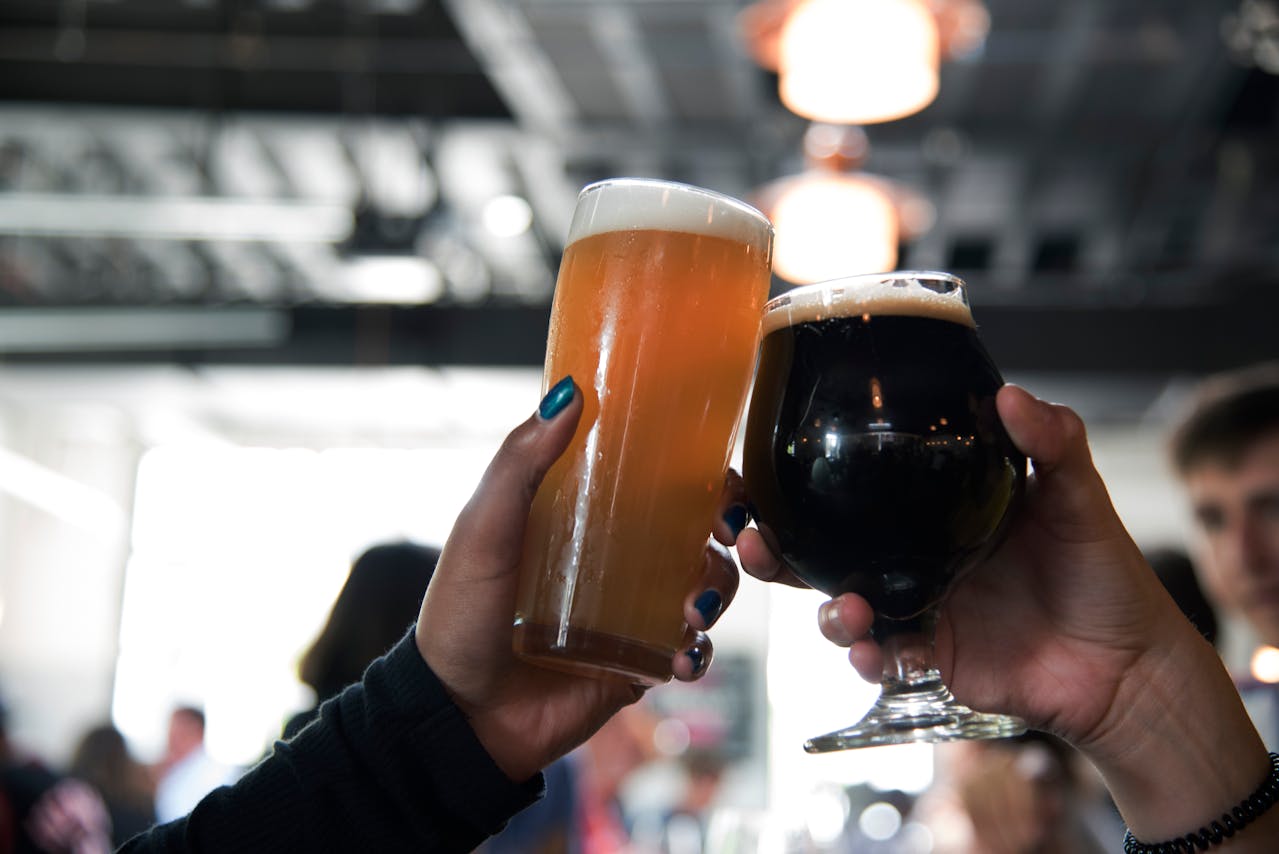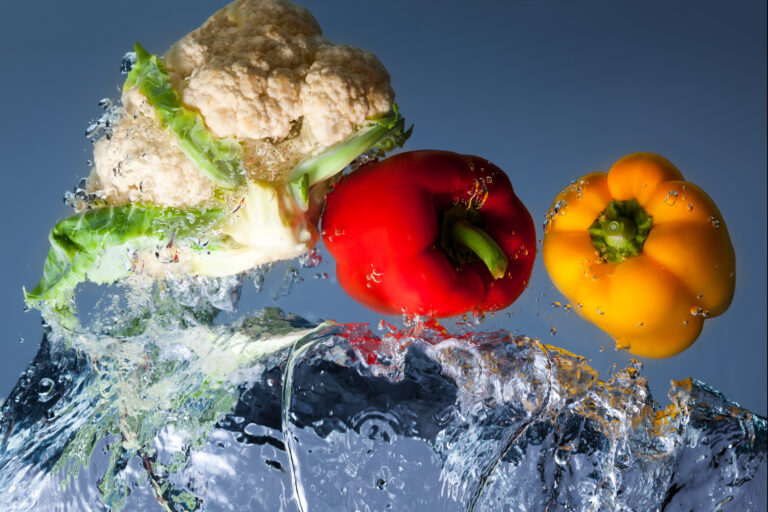If there is one thing that craft beer aficionados can agree on, it’s that the key to an exceptional brew lies in attention to detail. From sourcing the finest ingredients to mastering the art of fermentation, every step of the brewing process is fine-tuned to produce the unique flavors, aromas, and textures that make craft beer a beloved beverage for so many enthusiasts.
Among these essential components, water composition often remains an overlooked but integral factor in shaping the quality and taste of your brew. The balance of minerals, pH, and other chemical components in the water plays an indispensable role in creating the perfect beer. Delving into the world of water replication technology, we find the potential to elevate the craft beer experience by achieving ideal water composition each and every time you brew.
In this blog post, we will explore the groundbreaking impact of water replication technology on the craft beer industry, unveiling the science behind water composition and its influence on beer brewing. We will discuss the advantages of implementing water replication technology in your brewery or home-brew setup and envision the future possibilities this innovation holds for the ever-evolving craft beer landscape.
Understanding the Role of Water Composition in Beer Brewing
Water composition relies on several fundamental aspects that directly impact the process and outcome of beer brewing:
- Mineral Content: Key minerals, such as calcium, magnesium, and sulfate, influence the beer’s attributes, including mouthfeel, clarity, and color, as well as affect the enzymatic reactions during mashing and fermentation. It’s essential to understand and adjust the mineral content according to the beer style being brewed.
- pH and Buffering Capacity: Water pH and buffering capacity can significantly affect the overall brewing process and the final beer’s taste. For example, a lower pH can lead to a smoother, more well-rounded flavor, while a higher pH might result in a slightly bitter taste. The buffering capacity (alkalinity) can affect the pH stability during the brewing process.
- Total Dissolved Solids (TDS): The TDS level in the water can influence various aspects of the brewing process, such as mash efficiency and hop utilization. Higher TDS levels may require a slightly different brewing approach and possible adjustments to the recipe.
Harnessing the Potential of Water Replication Technology in the Craft Beer World
Water replication technology allows brewers to control water composition, paving the way for superior brewing outcomes:
- Perfect Water Profile for Every Brew: With the ability to replicate water profiles from specific regions, you can recreate the ideal water composition for any type of beer, ensuring that the perfect balance of minerals and pH is attained for brewing.
- Craft Beer Consistency: Water replication technology helps maintain consistency not only within the same beer type but also across multiple beer styles and locations, offering drinkers a more reliable and enjoyable experience.
- Experimentation and Creativity: Craft brewers can use water replication technology to explore and experiment with diverse water profiles for developing unique and innovative beer flavors and styles, distinguishing their offerings from other breweries.
Benefits of Integrating Water Replication Technology in the Craft Beer Industry
Incorporating water replication technology into the brewing process can yield various benefits for both professional and amateur brewers:
- Customized Beer Flavors: With precise control over the water composition, brewers can fine-tune their recipes to achieve the exact flavor profiles they desire, ensuring each brew achieves its maximum potential.
- Streamlined Brewing Process: Water replication technology simplifies the water treatment process, eliminating the need for extensive adjustments and allowing brewers to focus more on developing exceptional beer recipes.
- Competitive Advantage: Customizing water composition and offering a consistent, authentic product can increase consumer satisfaction and distinguish your brewery in the competitive craft beer market.
The Future of the Craft Beer Industry: Embracing Water Replication Technology
The implementation of water replication technology can reshape and enhance the brewing landscape:
- Advancing Brewing Education: Using water replication technology as a teaching tool can expand brewers’ knowledge and understanding of the essential role water composition plays in crafting exceptional beers.
- Reinventing Classic Beer Styles: Mastering water composition can provide brewers with new creative avenues for reimagining and reinventing classic beer styles, forging new paths in flavor development and brewing techniques.
- Supporting Local and Sustainable Brewing: Water replication technology can assist brewers in sourcing water more locally, reducing their environmental footprint and contributing to a more sustainable craft beer industry.
Elevate Your Craft Beer Experience with Water Replication Technology
Water replication technology is revolutionizing the craft beer industry by providing unparalleled control over the water composition used in brewing, resulting in the creation of consistent, high-quality, and flavorful beers. By recognizing and embracing the potential of this innovative technology, you can transform your brewing capabilities and elevate your craft beer experience to new heights.
Are you ready to embark on a journey into the world of water replication technology? Dive into the possibilities it holds for your brewery and discover the incredible impact it can have on your craft beer creations.
Watch your brewing mastery soar as you unlock the secrets held within the very essence of your beer —- the water itself. Start your adventure today at New York WaterMaker, and redefine what it means to create the perfect brew!




